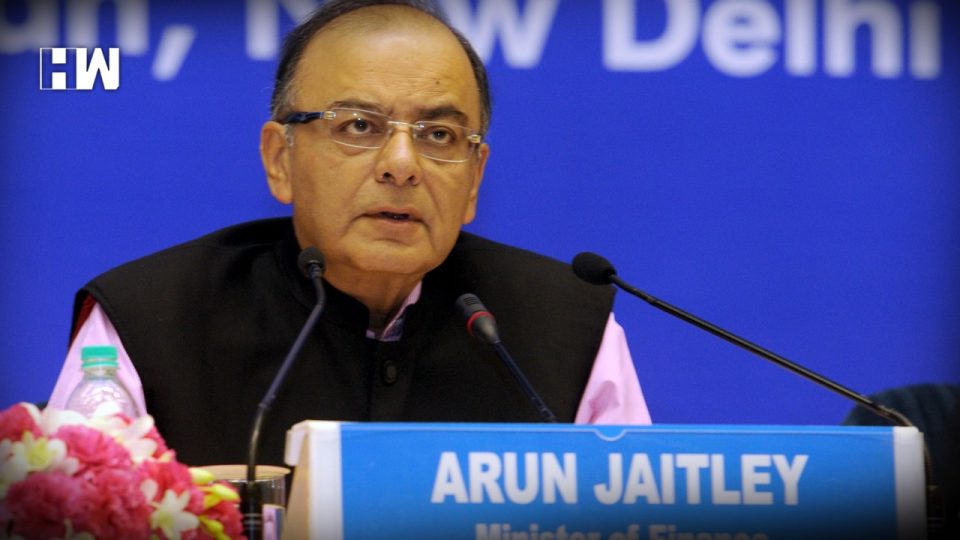India needs a million new jobs per month, to provide gainful livelihood and employment to the graduating adults. But these new jobs are not being created in enough numbers. The government denies it and wants us to believe otherwise, with the support of statistics from the NSSO, Niti Aayog and the EPFO, all of which tend to be taken with a ton of salt. These positive and bright employment figures put up by the government agencies, get countered by the likes of the CMIE, which instead of challenging the figures related to jobs, shockingly says that there are 8 million less jobs today, than there were in December 2016, when demonetisation was enforced, thus contending that the number of jobs have shrunk instead of going up. The job and unemployment scene in India, is not so bad as the CMIE says, and is neither so good as say some government influenced economists, who say that 6.2 million new jobs were created in 2017/18 and 5.2 million in 2016/17.
The ground reality is that not enough jobs as promised have been created during the past five years and that the lack of jobs, which is unemployment, as well as under employment is a huge social, economic and political problem, with more and more youth entering the Indian job market each month. It is this lack of promised jobs, that will challenge whether achhe din finally came or not, in the ensuing elections, and also stands testimony to the fact that the flagship reform programs of the government viz. Make In India, Skill India and Smart City India, have not been a success by this measure. While a weak and disunited Opposition seems to be unable to get this lack of jobs as the main issue on the centre stage of the current elections, but yet this undercurrent of unemployment will swing votes away from the BJP. A family with jobless adults is bound to be disenchanted with the ruling party, and is bound to vote for alternates.
The signs of unemployment and its reasons are many. The very fact that household savings are falling, consumer spending has receded and lakhs of applications are received for an ordinary job, mean that jobs are not there, as much as are needed. The unwillingness of the private sector to invest in new projects, falling corporate profits, several big companies like RCom, Jet Airways, Zee etc. being in a problem and the banking crisis remaining unresolved, only mean that the corporate sector has not generated new jobs worth talking. The rural distress and the suffering SME sector too means that these segments of our economy, which are huge generators of jobs, are not doing so. If companies are unwilling to put capital into new projects and the likes of the auto sector are cutting back production, it only raises a question mark on the employment claims, and supports the fact has not enough new jobs are being created. Other symptoms that are of concern are that India’s GDP growth per quarter has been receding, industrial production grew at its lowest in January in the past 15 months, and India’s manufacturing exports have not been able to take off in a big way, such as to generate enough new jobs.
As an independent media platform, we do not take advertisements from governments and corporate houses. It is you, our readers, who have supported us on our journey to do honest and unbiased journalism. Please contribute, so that we can continue to do the same in future.

